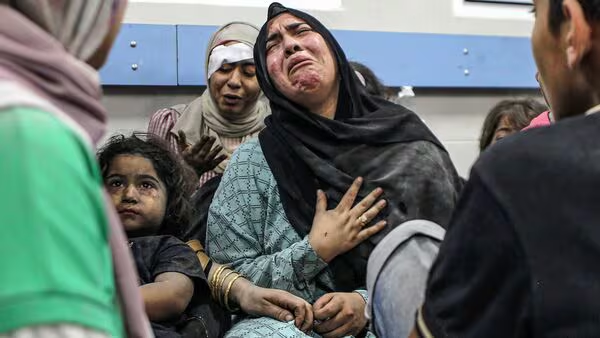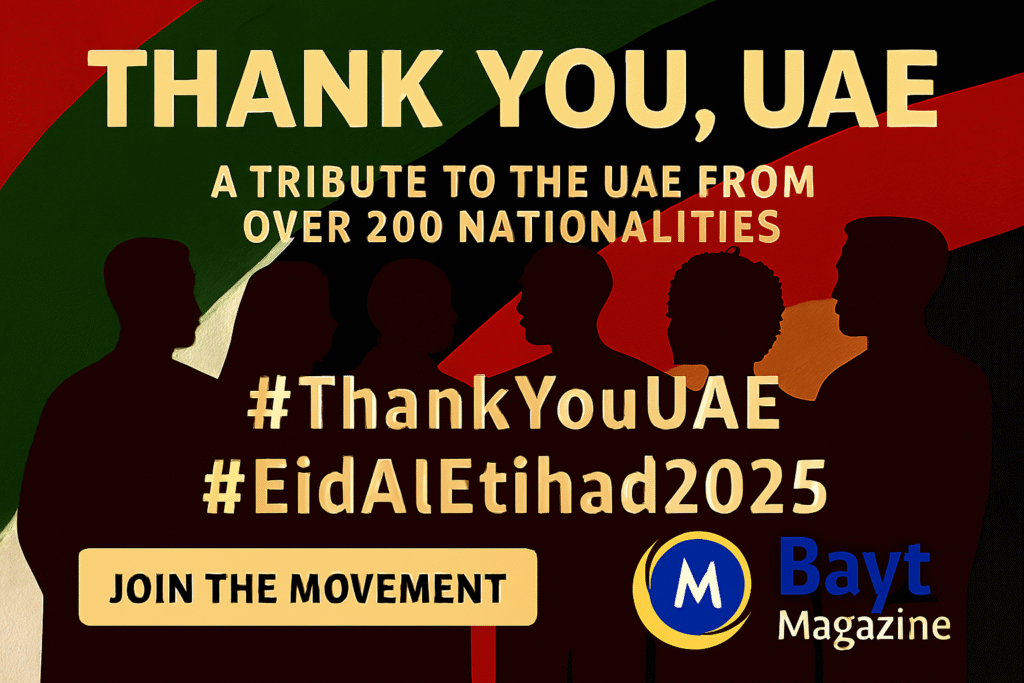In Gaza, bodies are buried while flags fly half-mast in distant capitals — ceremonial gestures far removed from the pulverized streets of Rafah and Jabalia. Statements of “deep concern” arrive with perfectly timed pauses, drafted by diplomats fluent in caution but speechless in conscience. This is not neutrality. This is choreography — a dance of diplomacy that moves around atrocity without ever stepping in. The symbolism is polished; the silence is deafening. As ambulances wail through Gaza’s shattered neighborhoods, diplomatic missions issue carefully worded statements from their secure compounds, maintaining professional distance from the raw reality of human suffering. The gap between diplomatic protocol and humanitarian crisis grows wider with each passing day.
The Language of Mourning — Sanitized and Staged
Each escalation is followed by carefully scripted press briefings:
- “We urge restraint.”
- “All sides must deescalate.”
- “The right to self-defense must be balanced with humanitarian law.”
- “We call for immediate cessation of hostilities.”
- “The international community expresses grave concern.”
These words fill airwaves but not ambulances. They sound serious, but they say nothing. Gaza doesn’t need euphemisms. Gaza needs mercy — and accountability. The diplomatic vocabulary has become a shield, deflecting responsibility while projecting concern. Each statement is vetted through layers of bureaucracy, stripped of urgency, and delivered with practiced neutrality.
Compare global responses:
- Ukraine, 2022: Rapid aid, sanctions, global mobilization, unified condemnation, immediate action.
- Gaza, 2025: Hesitations, deflections, normalized annihilation, selective outrage, strategic silence.
The double standard isn’t just diplomatic — it’s dehumanizing. It reveals the hierarchies of human worth embedded in international relations, where some lives trigger immediate action while others become statistics in yearly reports.
Flags That Do Not Weep
Diplomacy wears emblems: flags, seals, titles. But symbols cannot mourn, and institutions built on power often forget grief. While children are pulled from rubble, foreign ministries debate proportionality. While hospitals collapse under siege, alliances are reaffirmed with airbase deals and defense contracts. The machinery of international relations continues its methodical operation, processing human tragedy through protocols and procedures that prioritize stability over justice.
Gaza’s tragedy is met with gestures: envoy visits, commemorative minutes of silence, carefully filtered media coverage. But mourning must be felt, not performed. And flags, as stitched emblems of national interest, rarely bend to grief they did not claim. These symbols of state power stand rigid in their protocol, unable to convey the depth of human suffering or the urgency of humanitarian need. They represent systems that value order over justice, procedure over protection.
The Performance of Concern
In global summits, the Gaza crisis is discussed in passive voice:
- “Casualties occurred.”
- “Infrastructure was damaged.”
- “A humanitarian corridor is needed.”
- “Civilian areas were impacted.”
- “Essential services were disrupted.”
But who ordered the airstrikes? Who delayed the ceasefire? Who blocked the resolution? Who profits from the weapons sales? Who vetoes the UN resolutions? The passive voice becomes a diplomatic tool, obscuring agency and avoiding direct attribution of responsibility.
Concern becomes political theatre — a spectacle that pacifies audiences while avoiding action. Gaza is not a subplot. It is the stage itself. And the performance of concern is costing lives. Press conferences become exercises in evasion, where skilled spokespersons navigate questions without providing answers, where “monitoring the situation” substitutes for meaningful intervention.
Diplomacy’s Missing Vocabulary
The Gaza crisis demands words that diplomats rarely speak:
- Genocide
- War crimes
- Systemic impunity
- Apartheid
- State terrorism
- Collective punishment
- Ethnic cleansing
These aren’t exaggerations. They are echoed by UN rapporteurs, human rights bodies, and survivors themselves. Yet high-level communiqués prefer abstraction — terms like “conflict” or “cycle of violence” — as if language itself were afraid to name the truth. The diplomatic lexicon, carefully curated over decades of international relations, proves inadequate in the face of systematic destruction and deliberate dehumanization. When words fail to name reality, they become complicit in its continuation.
A Moral Reckoning
Diplomacy is not inherently cruel — its foundations were built on the noble pursuit of preventing conflicts, fostering understanding between nations, and preserving human life. At its best, it has ended wars, facilitated dialogue between sworn enemies, and created pathways to lasting peace. But when diplomacy transforms into a mere instrument of self-preservation — when it values strategic alliances over moral accountability, when it chooses political convenience over human dignity — it becomes nothing more than an elaborate mask. And Gaza has become the haunting face beneath that diplomatic veneer: bruised by bombardment, buried under rubble, unseen by those who choose to look away.
To truly mourn Gaza is not merely to shed tears or express condolences. It demands action — bold, unequivocal, and immediate. It requires naming the atrocities without flinching from their horror. It means disrupting the choreographed dance of diplomatic niceties that obscures reality.
Let the flags remain where they are — fluttering proudly above ministries and embassies, symbols of power and protocol. But let conscience descend to where truth resides: into the mass graves that multiply daily, into the suffocating silence of international complicity, into the brutal truth that we have allowed this to happen through our collective inaction.






